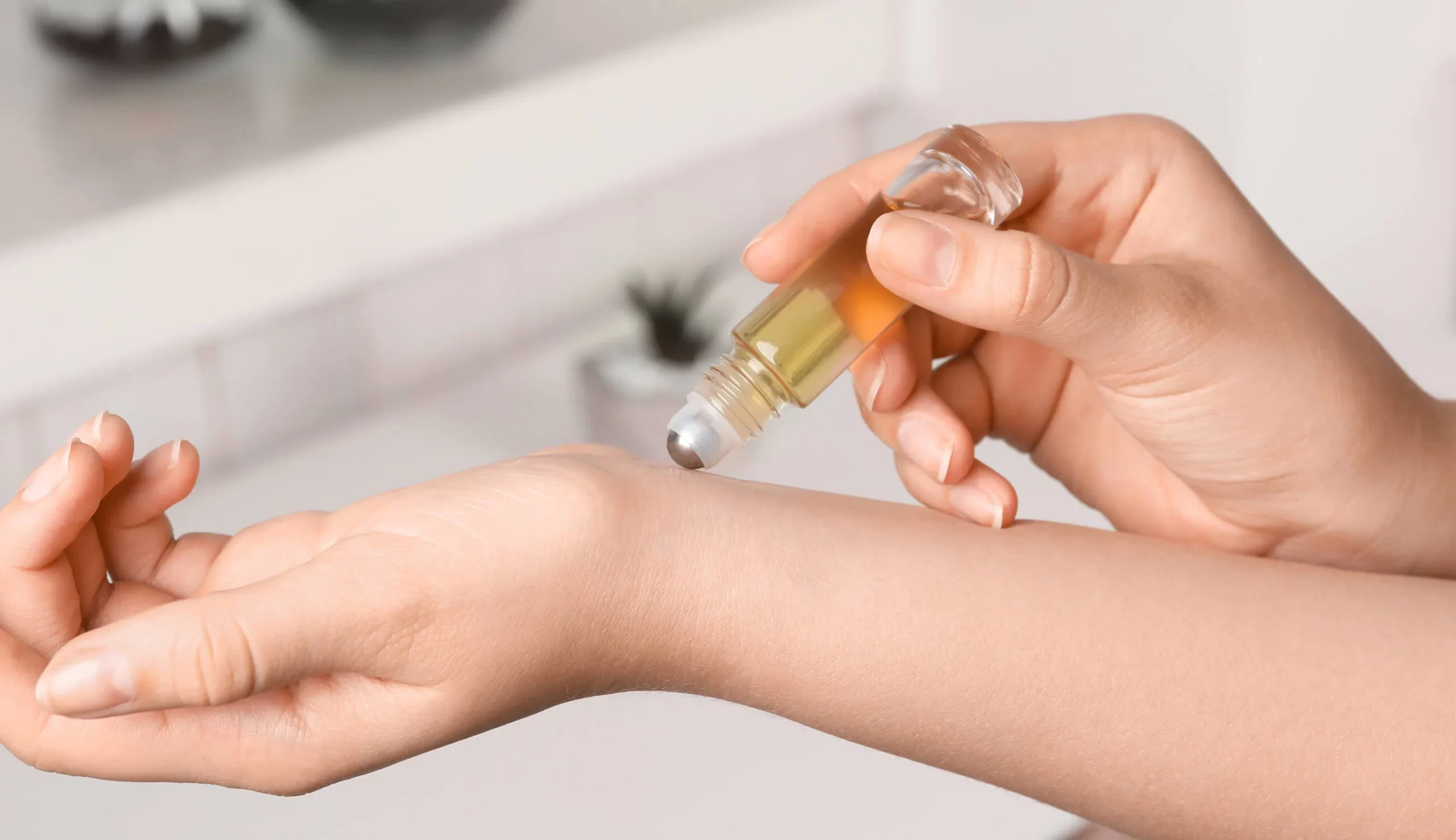Tea tree oil, derived from the leaves of the Melaleuca alternifolia plant, is a natural remedy renowned for its powerful healing properties. tea tree oil antiseptic, antibacterial, and anti-inflammatory characteristics make it a valuable addition to your skincare routine, offering a myriad of benefits for various skin concerns.
Acne Treatment
Tea tree oil is a popular natural remedy for acne due to its ability to kill acne-causing bacteria. When diluted with a carrier oil, such as coconut or jojoba oil, it can be applied topically to acne-prone areas. Its antimicrobial properties help reduce inflammation and prevent new breakouts, promoting clearer skin.
Skin Infections and Wounds
It’s antiseptic properties make it effective in treating minor cuts, wounds, and skin infections. Apply a diluted solution to the affected area to prevent infection and speed up the healing process. Its natural antifungal properties also make it useful for treating fungal infections like athlete’s foot and nail fungus.
Dandruff and Scalp Health
Tea tree oil can alleviate dandruff and promote a healthy scalp. Add a few drops to your regular shampoo, or use a tea tree oil-infused shampoo to reduce itchiness, flakiness, and inflammation associated with dandruff. Regular use can improve overall scalp health and prevent fungal infections.
Skin Irritations and Allergies
Tea tree oil’s anti-inflammatory properties make it beneficial for soothing various skin irritations, including insect bites, rashes, and allergic reactions. Applying a diluted solution can reduce redness, itching, and discomfort, providing relief from these common skin issues.
Caution and Proper Usage
While tea tree oil offers numerous benefits, it’s essential to use it cautiously. Always dilute tea tree oil with a carrier oil before applying it to the skin, as undiluted tea tree oil can cause irritation. Perform a patch test before using it on larger areas to ensure you don’t have an adverse reaction.
Nature’s Zit Zapper
Tea tree oil’s natural antibacterial properties make it an effective spot treatment for acne. To create a DIY spot treatment, mix one or two drops of tea tree oil with a carrier oil like jojoba or almond oil. Using a cotton swab, apply the diluted solution directly onto the blemish. Leave it on overnight to reduce inflammation and promote healing. Be consistent, but avoid overusing it, as excessive application can lead to skin dryness.
Conclusion
Tea tree oil is a versatile and natural remedy that can address various skin concerns. When used responsibly and in moderation, it can be a valuable asset in your skincare arsenal, promoting clear, healthy skin and providing relief from common skin issues.

